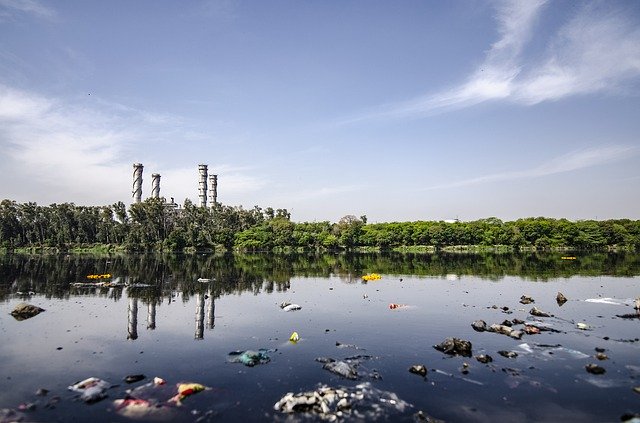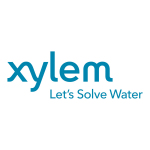
Global Water and Wastewater Utilities Take Aim at Climate Change
New Survey of 100 Utilities Tracks Net-Zero Progress: 75% of Respondents to Reduce Greenhouse Gas Emissions by 2040
WASHINGTON–(BUSINESS WIRE)–#LetsSolveWater–Water and wastewater utilities are executing ambitious decarbonization goals, according to a new survey of 100 utilities in North America and Europe. Sponsored by global water technology leader Xylem (NYSE: XYL), the survey finds that 75% of respondents intend to achieve greenhouse gas (GHG) reduction goals by 2040 or earlier. 48% of respondents have set a net-zero emissions goal, and 42% have set an emissions reduction goal.
“The water sector has an important role in the global effort to reduce GHG emissions,” said Patrick Decker, President and CEO at Xylem. “Our sector is energy intensive. However, smart application of technology makes it possible to manage water far more efficiently and affordably. Increasingly, utilities are finding ways to deploy technology to become more resilient and reduce emissions, while also addressing many of their operational concerns.”
The implementation of new and innovative products and solutions can help utilities advance their decarbonization strategies. As highlighted in its recently launched 2022 Sustainability Report, Xylem’s cutting-edge technologies have enabled customers to reduce their CO2e footprint by more than 2.8 million metric tons since 2019. Around the world, leading water and wastewater utilities are focusing on such solutions to drive GHG reduction plans.
In Europe, for example, 31% of respondents plan on installing more energy-efficient technologies. Others are leveraging digital solutions, with 29% looking into advanced metering infrastructure (AMI) and leak detection solutions, and 24% turning to treatment system optimization technologies. Similarly in North America, 35% of respondents plan on implementing plant or asset optimization technologies to advance their decarbonization goals.
With 37% of North American respondents citing resilience to extreme storms and floods as a major concern, advanced digital solutions are also helping water managers improve operational and environmental outcomes at an affordable cost. Buffalo Sewer Authority (BSA), U.S., for example, saved $145 million by deploying a smart sewer system that reduced polluted water flowing into its rivers during storm events – ultimately solving a longstanding problem without spending on new infrastructure.
“To bridge resource gaps and serve our communities as efficiently as possible, we need to work smarter,” Oluwole A. (OJ) McFoy, BSA General Manager, said. “We have shown this technology is effective and can help ensure that Buffalo is more efficient and prepared for the changing climate and the more intense storms coming our way.”
Many utilities ranked process emissions – such as methane and nitrous oxide – close to last in their priorities for action, despite their significant impact, showing that a better understanding of this issue and technological innovation are needed to tackle total water-sector emissions.
The decarbonization strategies being deployed by these forward-thinking utilities are captured in Xylem’s recent paper, Net Zero – The Race We All Win.
About Xylem
Xylem (XYL) is a leading global water technology company committed to solving critical water and infrastructure challenges with innovation. Our more than 17,000 diverse employees delivered revenue of $5.5 billion in 2022. We are creating a more sustainable world by enabling our customers to optimize water and resource management, and helping communities in more than 150 countries become water-secure. Join us at www.xylem.com.
Contacts
Houston Spencer
+1 (914) 240-3046


